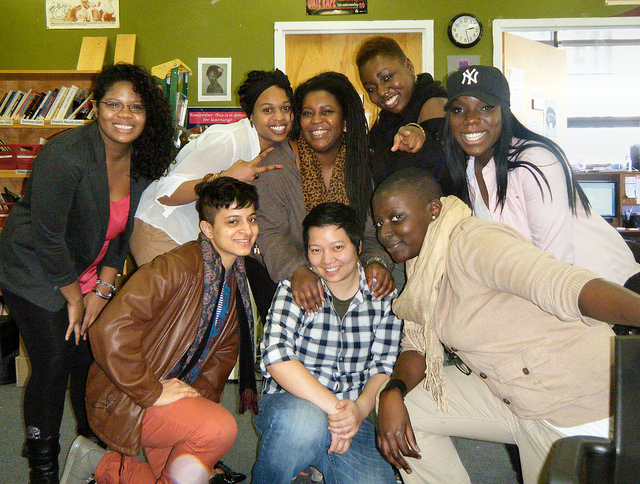 I recently read a report done by the Neilsen Corporation on African American consumers in America which they titled “The Untold Story”. There is so much important information in this report that I am going to do a series of four posts on it. This post is an overview of the report and includes some very interesting statistics.
I recently read a report done by the Neilsen Corporation on African American consumers in America which they titled “The Untold Story”. There is so much important information in this report that I am going to do a series of four posts on it. This post is an overview of the report and includes some very interesting statistics.
First of all, our numbers in America are increasing. From 2000 to 2014 the African American population in American grew 35% faster than the overall population of the country and more than twice as fast as the white population in America. You need look no further to better understand the anger and fear some white people are feeling as shown in the news media on a regular basis. By 2060, Nielsen estimates that the Black population in America will be 74.5 million comprising 17.9% of the total U.S. population.
We are also becoming more educated. The percentage of Black high school graduates enrolled in college was 70.9% exceeding that of both Whites and Hispanics. Also, the high school graduation rate rose to over 70% outpacing all other groups in America.
We are also making and spending more money. The percentage of black households making over $200,000 a year increased by 138% and African American income growth rates outpaced that of non-Hispanic Whites at every annual household income level above $60,000. The result is that African American consumers spend 1 trillion 100 billion dollars annually!
This is not the picture of African America you will see in the media but it is the truth – it is who we really are in America today. I’ll share more information with you in the next post. In the meantime, let me know what you think about these surprising facts. I’d like to hear from you.
In addition to the blog posts, I am going to begin podcasting my content in an effort to share information with more people. If you are interested in subscribing, please let me know in your comments about this post below.



 I recently read a report done by the Neilsen Corporation on African American consumers in America which they titled
I recently read a report done by the Neilsen Corporation on African American consumers in America which they titled 



